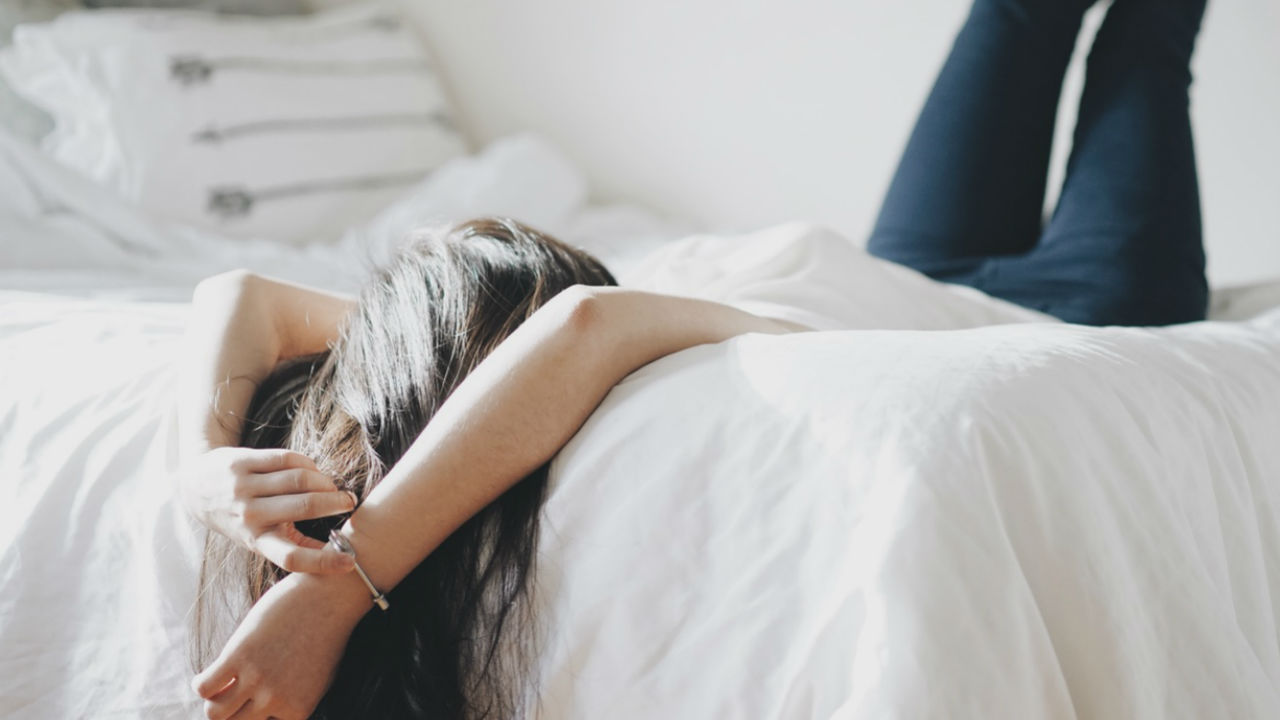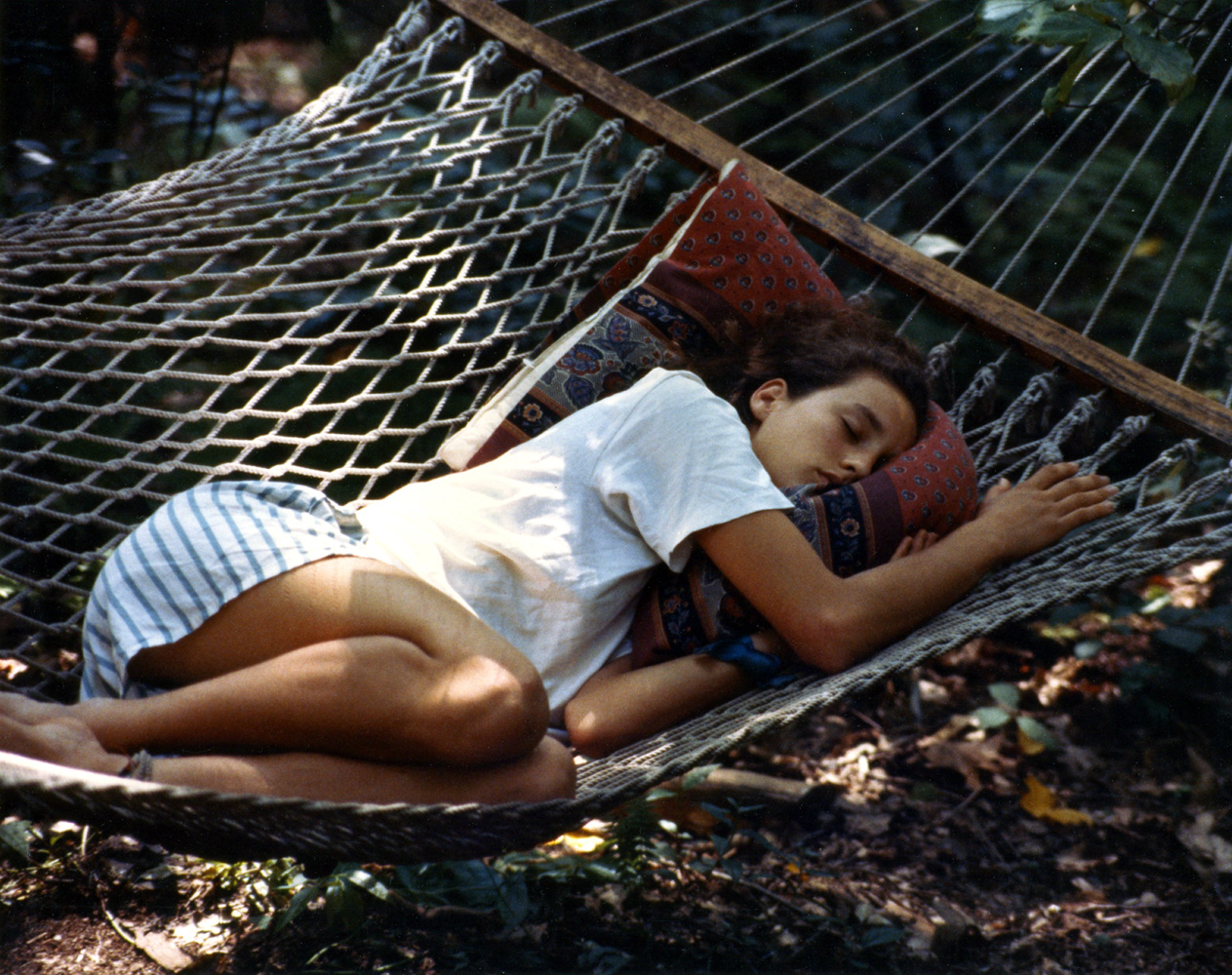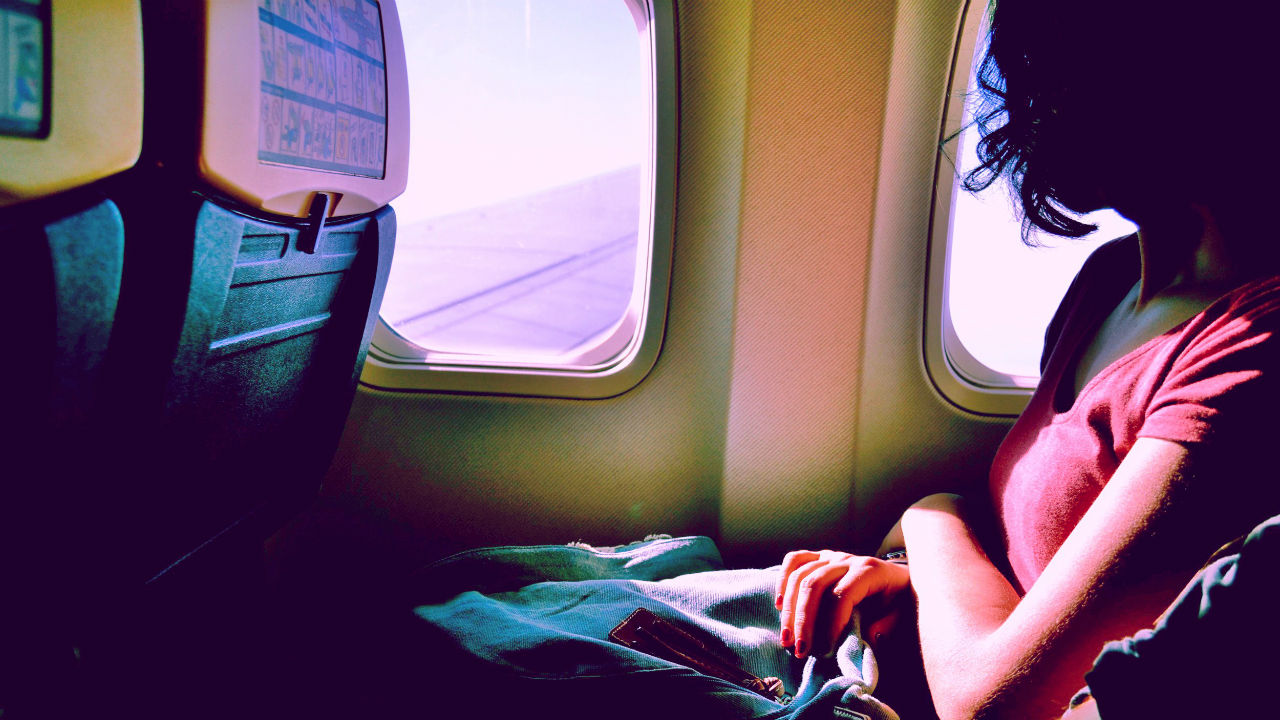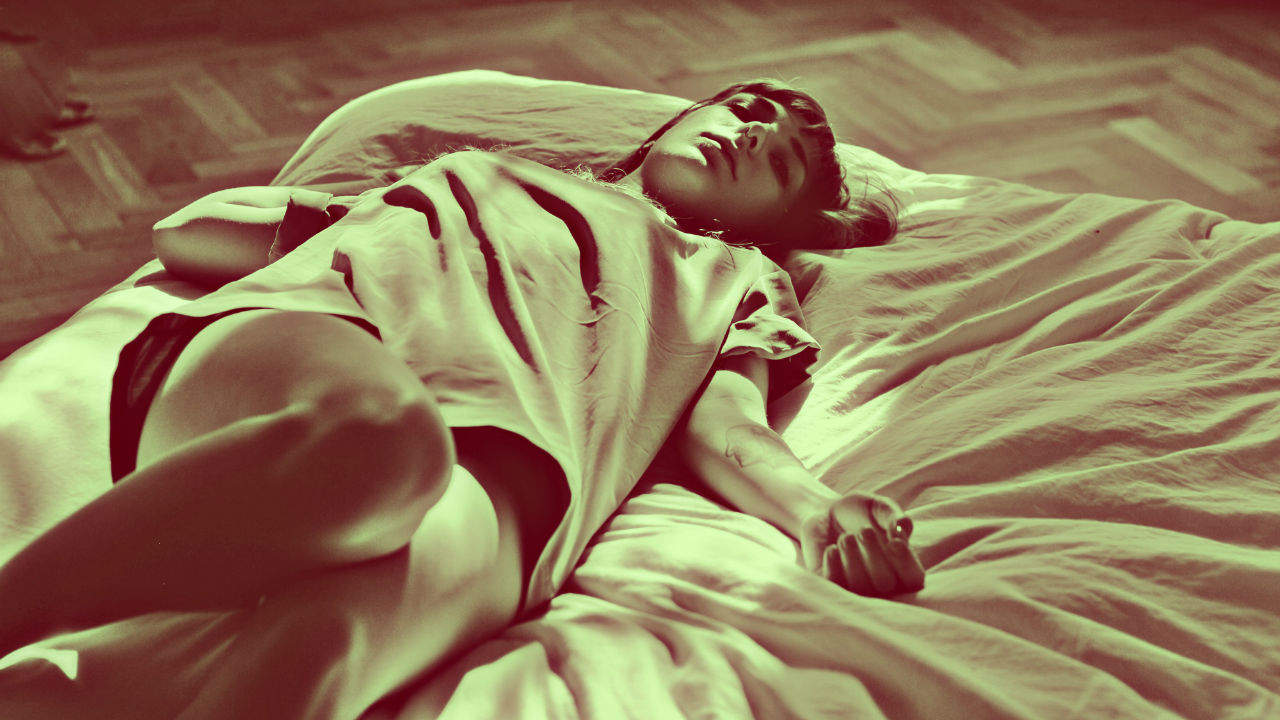 Photo: Getty Images
Photo: Getty Images
We are meant to be awake during the day and asleep at night, though we may forget in this society where we can have light and action whenever we want. We're tied to our circadian rhythms and are at our best when we work with them rather than against them.
As the 24 hour day moves from dawn to dusk to nightfall, so our bodies are meant to follow a pattern of waking and sleeping. Before the days of artificial lighting that we control with the flip of a switch, getting up when it became light and going to bed when it became dark was the logical way to go.
Our body clocks liked that.
Circadian rhythms put us through our paces in a 24 hour cycle, responding to light and dark. Circadian rhythms influence a variety of bodily functions, like blood pressure, body temperature, the release of hormones, sleeping and waking.
When we sleep, how well we sleep, how long we sleep and how much trouble we have falling asleep, are all affected by circadian rhythm.
The home for your circadian clock is in your suprachiasmatic nucleus (SCN). SCN is a group of cells in a part of your brain called the hypothalamus. It's above your optic nerves where it reacts to incoming light.
The SCN sends messages to the pineal gland, which turns the production of melatonin (a hormone that makes you feel like sleeping) off and on, according to the absence or presence of light.
So, less light, more melatonin, and the more you want to go to sleep.
At least, that's how it works in theory. And to be fair, it has worked pretty well for a lot of people since there's been people. But, if you're one of the unfortunates who can't sleep at night no matter how dark the room, no matter how long you lie there, no matter how tired you are, this may all sound like a rude thumbing of the nose.
Chronic insomniacs aren't the only ones who envy those regularly sawing logs every night. Pregnant women, people on shift work, and people with jet lag from traveling, as well as people on various medications, may all be prey to disrupted circadian rhythms.
There are some treatments that can help correct circadian rhythm disorders. Supplementing melatonin or valerian may help some fall asleep.
Bright light therapy uses light to reset your circadian rhythm to a pattern that works for you.
Chronotherapy involves slowly re-adjusting bedtime, aiming ultimately for the desired bedtime.
Resources:
Circadian Rhythms - Keeping Time
http://www.nigms.nih.gov/Publications/Factsheet_CircadianRhythms.htm
Sleep and Circadian Rhythm Disorders
http://www.webmd.com/sleep-disorders/guide/circadian-rhythm-disorders-cause
Sleeplessness and Circadian Rhythm Disorder
http://emedicine.medscape.com/article/1188944-overview
Circadian rhythm sleep disorder
http://www.sciencedaily.com/articles/c/circadian_rhythm_sleep_disorder.htm
Brain Basics: Understanding Sleep
http://www.ninds.nih.gov/disorders/brain_basics/understanding_sleep.htm#circadian_rhythms
Visit Jody's website and blog at http://www.ncubator.ca and http://ncubator.ca/blogger






Add a CommentComments
There are no comments yet. Be the first one and get the conversation started!